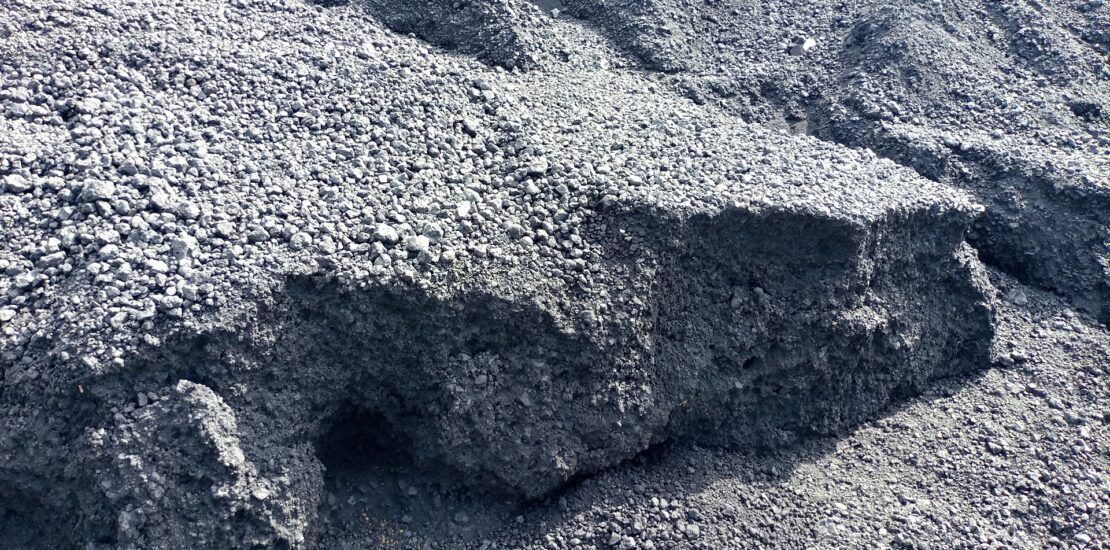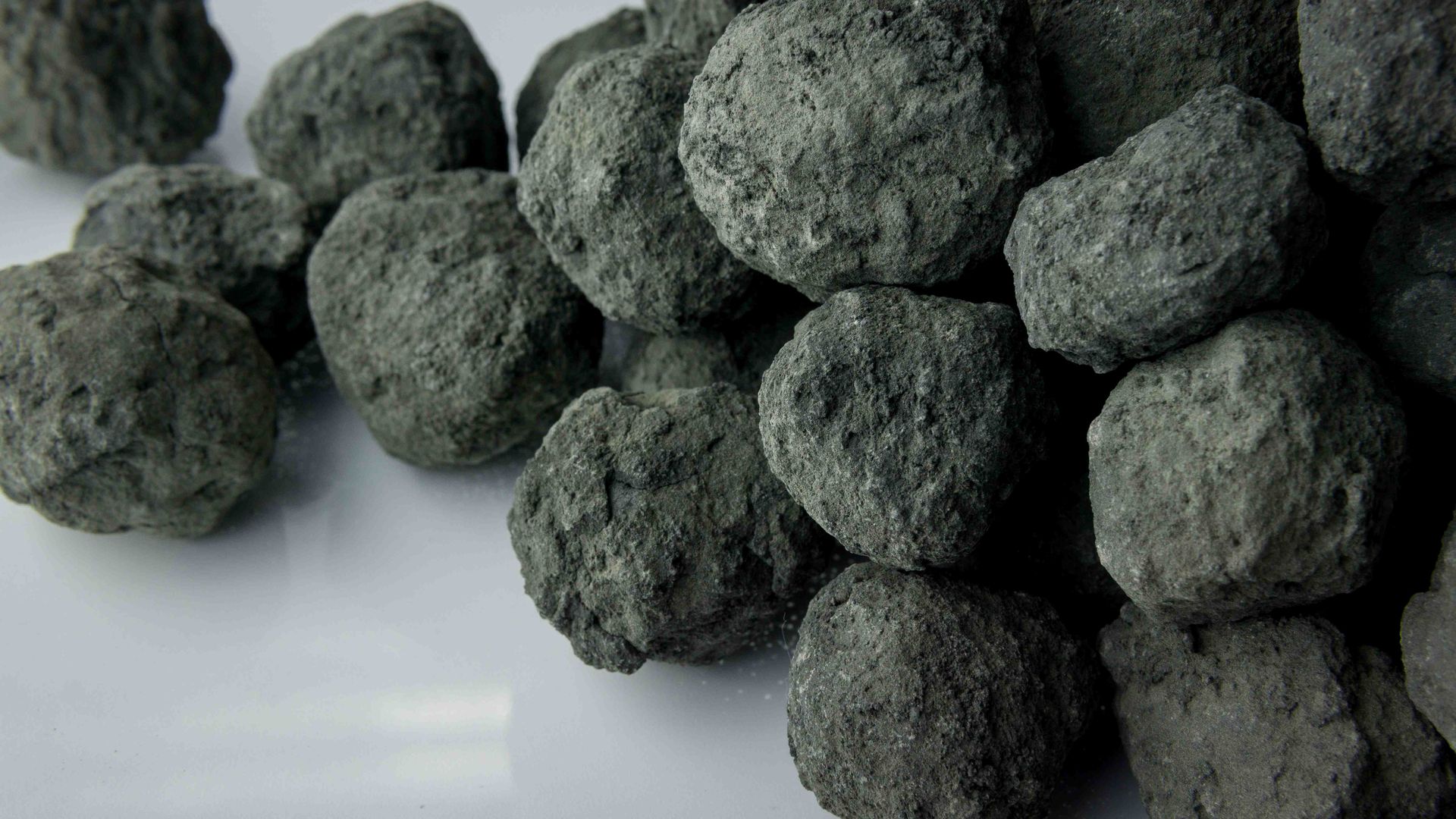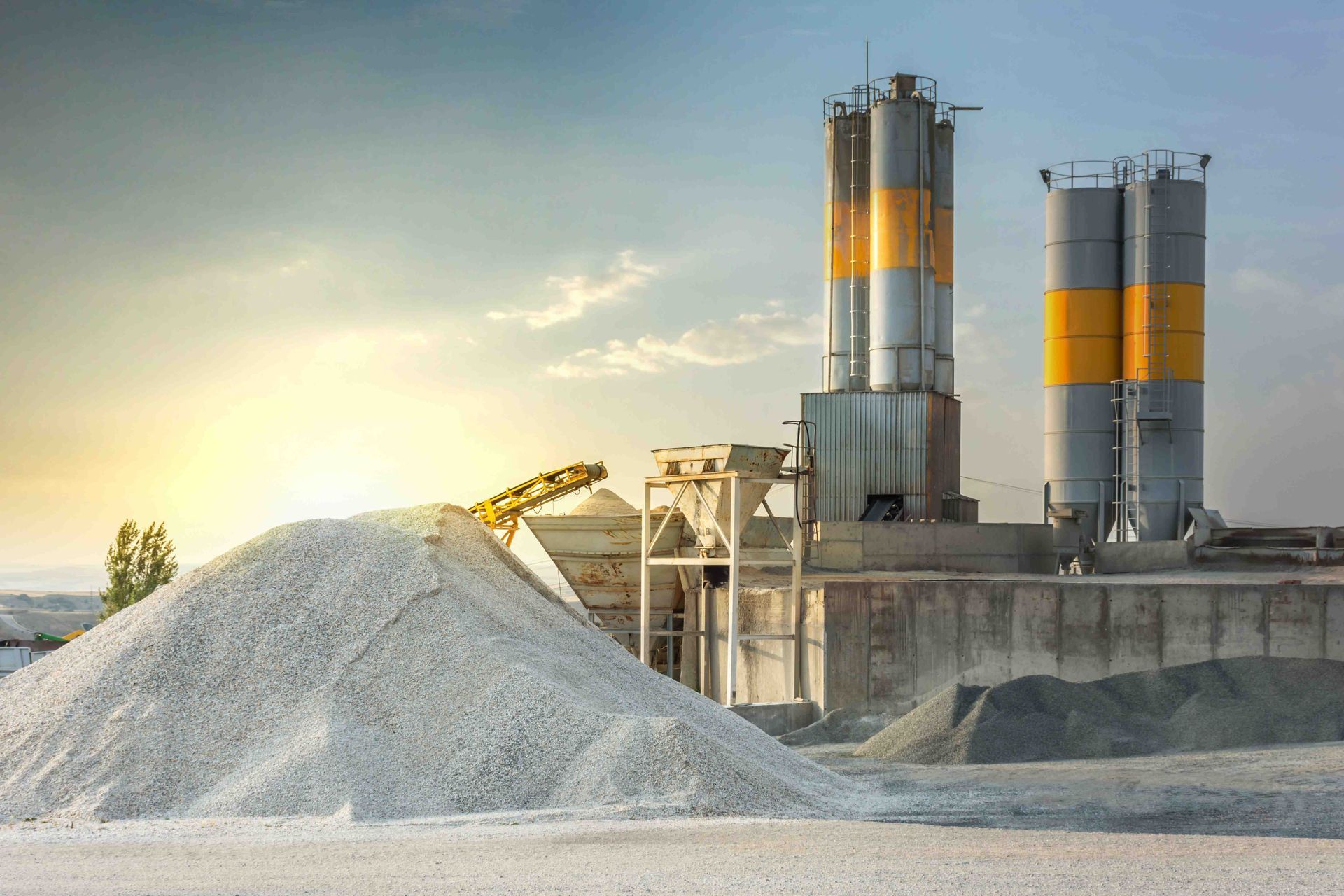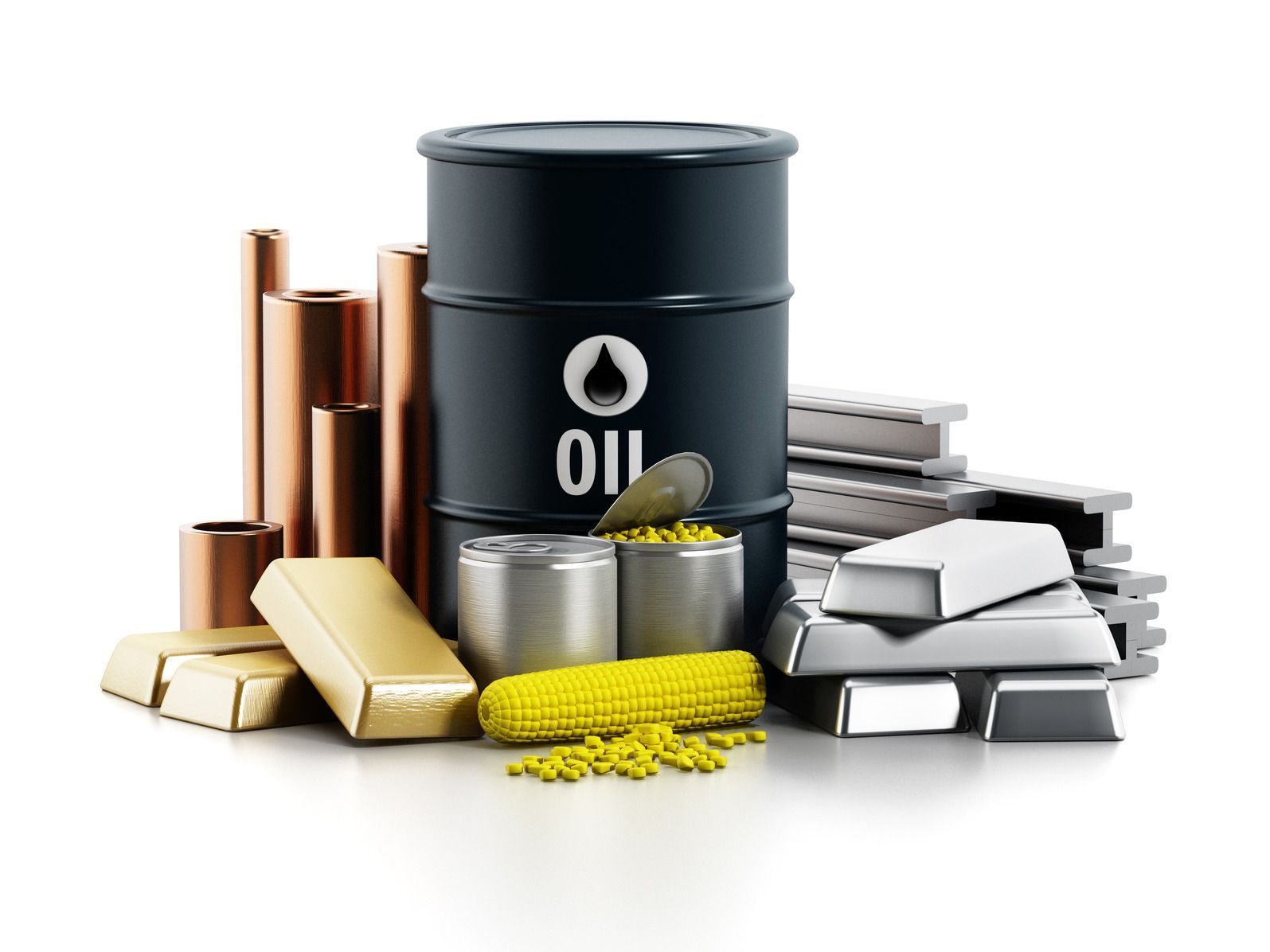What Is Petroleum Coke: Everything You Need to Know?

Petroleum coke is a byproduct of the petroleum refining process. As refineries process crude oil, they create a variety of useful products, including gasoline, diesel fuel, and propane. But they also produce petroleum coke—a solid carbon material that can be used for a variety of purposes.
In this article, we will take a closer look at petroleum coke to see what it is, how it’s produced, and how it’s used.
What Is Petroleum Coke?
Petroleum coke, also known as petcoke, is a black solid organic material produced as a byproduct of the crude oil refining process. Crude oil refineries produce petroleum coke during the “coking” or thermal cracking process—the breaking down of larger molecules into smaller ones using extreme heat.
Petroleum coke is composed of carbon and various other elements such as sulfur, hydrogen, and nitrogen. It has a high carbon content, making it valuable for certain industrial applications.
In order to better understand what petcoke is, it’s important to first know a little bit about crude oil and its refining process.
A Closer Look at Crude Oil
Crude oil is a dark, viscous liquid found underground that is made up of hydrocarbons—molecules consisting of hydrogen and carbon atoms.
When crude oil is extracted from the ground, it contains a number of impurities, such as sulfur, oxygen, and metal contaminants. In order to make it usable, crude oil must first be refined.
The refining process involves separating the different hydrocarbon molecules in the crude oil and then converting them into useful products. The various steps of the refining process—including distillation, cracking, and coking—all contribute to the production of petroleum coke.
What Is Coking?
Coking is a type of thermal cracking that involves breaking down larger hydrocarbon molecules into smaller ones using high temperatures. There are two types of coking processes: fluid coking and solid coking.
Fluid coking is the most common type and involves injecting a stream of hot oil into a chamber where it is exposed to air. This causes the hydrocarbon molecules in the oil to break down into smaller molecules, which are then collected as petroleum coke.
Solid coking is less common and involves heating chunks of crude oil in an oxygen-free chamber. This process also breaks down the hydrocarbon molecules into smaller ones, which are then collected as petroleum coke.
What Are the Uses of Petroleum Coke?
Petroleum coke is used for a variety of purposes, including:
Fuel : Petroleum coke can be used as a fuel source. It is often used in power plants and cement kilns because it provides a steady source of heat and is inexpensive.
Anode Material : Petroleum coke is often used as an anode material in electrolytic cells. The carbon in the coke reacts with the electrolyte to form carbides, which are necessary for the cell to function properly.
Absorbent : Petroleum coke is often used as an absorbent in industrial processes. It can be used to soak up spills and leaks, making cleanup easier and preventing environmental contamination.
Other : Petroleum coke can also be used as a refractory material, a catalyst, or an additive in a variety of other processes.
As you can see, petroleum coke has a variety of uses. It is a versatile product that can be used for a variety of purposes. If you are interested in using petroleum coke, make sure to purchase it from a reputable source.
At PermuTrade, we specialize in the trade of petroleum products. We can help you find the right product for your needs and provide you with a competitive price. Contact us today to learn more about our services.
The History of Petcoke
Petroleum coke was first produced in the 18th century, and its use has since grown throughout the world. Today, petcoke is used in a variety of industries, including cement production, power generation, and steelmaking.
While petcoke is often thought of as a waste product, it actually has a variety of uses. In fact, petroleum coke is an essential ingredient in many industrial processes.
Due to its high carbon content, petcoke is often used as a fuel source. It is also frequently used in the production of cement and other industrial materials.
And while petcoke is most commonly used as a fuel source, it has a variety of other uses, as well. For example, petroleum coke can be used as an abrasive or a catalyst. It is also often used in the production of cement and other industrial materials.
Common Industries That Use Petroleum Coke
Petroleum coke is produced in oil refineries and can be used in a variety of industries. Here are some common industries that use petroleum coke:
1. Cement production
2.
Power generation
3. Steel production
4. Aluminum production
5. Chemical manufacturing
6. Glass making
7. Paper production
8. Brick manufacturing
Petroleum coke has a variety of uses because it is extremely energy-dense and inexpensive to produce. It is commonly used as fuel in power plants, steel mills, and cement kilns. It can also be used as an abrasive or a source of carbon for chemical reactions. Petroleum coke is a byproduct of the oil refining process and is not the same as coal.
Differences between Petcoke and Coal
Petcoke is a byproduct of the oil refining process, and its makeup varies depending on what was being refined and how. Bituminous coal has a greater purity (70-85%), but it also has a lower calorific value (7500-8500 BTUs per pound) than petcoke (9500-11,500 BTUs per pound). Petcoke also releases more carbon dioxide into the atmosphere than coal when burned.
The biggest difference between petcoke and coal is their respective uses. Coal is mostly used for power generation, whereas petcoke is mostly used as a fuel for industrial purposes, such as cement production and metal smelting.
Call PermuTrade for Petcoke Solutions
PermuTrade is a leading international trading firm specializing in petroleum coke and more. If you require a solution for your business, please get in touch with us today. Our friendly and knowledgeable staff will be more than happy to assist you.
Disclaimer: The information on this website and blog is for general informational purposes only and is not professional advice. We make no guarantees of accuracy or completeness. We disclaim all liability for errors, omissions, or reliance on this content. Always consult a qualified professional for specific guidance.






